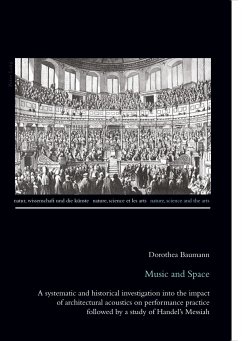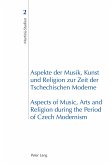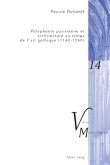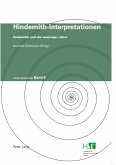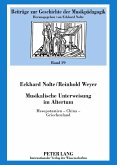This book explores a paradox: how can a musical work that was written specifically for a certain architectural space «survive» dramatic changes in performance conditions, as in the case of Handel's Messiah? From the chamber music hall in Dublin where it was first performed in 1742, small baroque theaters, and the chapel of London's Foundling Hospital, performances of Messiah after Handel's death moved to cathedrals, to new and large 19th-century concert halls, and finally to the immense Crystal Palace in Sydenham. Are there boundaries determining an adequate performance? How can we define the quality of room acoustics and how does this quality affect the performance as actual sonorous presentation of a musical work? In short, how do different acoustical conditions affect basic aesthetic premises?
There are no simple answers to these complex questions, which elicit different responses according to varying points of view. This aspect of cultural history necessarily calls for aninvestigation based on systematic, historical, and psychological methods. In the first part of this book, which draws from an extensive database of documents on halls, theatres, and churches, essential concepts from the main disciplines involved are introduced in order to define quality of room acoustics in relation to different performance situations. This background then serves as framework to investigate the performance history of Handel's Messiah in the second part.
There are no simple answers to these complex questions, which elicit different responses according to varying points of view. This aspect of cultural history necessarily calls for aninvestigation based on systematic, historical, and psychological methods. In the first part of this book, which draws from an extensive database of documents on halls, theatres, and churches, essential concepts from the main disciplines involved are introduced in order to define quality of room acoustics in relation to different performance situations. This background then serves as framework to investigate the performance history of Handel's Messiah in the second part.

